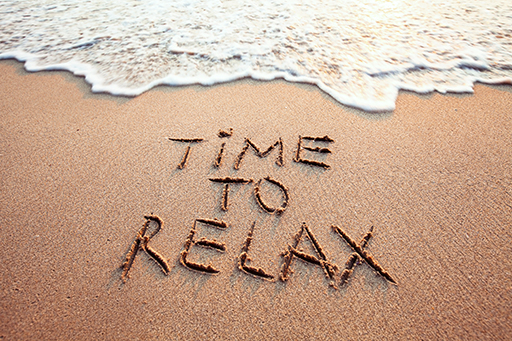4 Relaxation techniques and sport injury rehabilitation
Individuals can experience stress and anxiety when they sustain a sport injury. This stress and anxiety can have a negative impact on motivation, adherence and rehabilitation outcomes. So, any technique that can reduce stress and anxiety may have a positive impact on the rehabilitation process.
Relaxation techniques can help to ease the stress and anxiety that may be a consequence of injury. They can also help to relieve tension in the injured area, which may allow a therapist to treat the injury more effectively.
You will now explore a range of relaxation techniques. All these techniques have the potential to induce what is known as a ‘relaxation response’. The relaxation response is characterised by physiological responses that include decreased heart rate, respiration rate, oxygen consumption and muscle activation, and increased alpha brainwaves (Cox, 2007).

